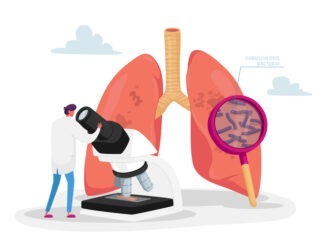
As reported by the bmj, recent research suggests that 12.7% of patients with COVID-19 experience long-term symptoms
Using digital questionnaires, researchers in the Netherlands collected data on the frequency of 23 symptoms commonly associated with COVID in an uninfected population and in people who had had a covid diagnosis.
It found that 21.4% of adults who had COVID experienced at least one new or increased symptom three to five months after infection. This compared with only 8.7% of uninfected people over the same period.
The core long COVID symptoms highlighted by the research include chest pain, difficulties breathing, pain when breathing, painful muscles, loss of taste and smell, tingling extremities, feeling hot and cold, heavy arms or legs, and general fatigue.
The questionnaire was sent out 24 times to the same people from March 2020 to August 2021. During this period people would have been infected with alpha or an earlier variant, and most people were unvaccinated.
Over 76 000 participants completed a total of 883 973 questionnaires, the average age of respondents was 54, and 61% were female. A group of 4231 (5.5%) participants who had COVID were then matched to 8462 controls who did not, taking into account sex, age, and the time of covid diagnosis.
Aranka Ballering, study author and a PhD candidate at the University of Groningen, said, “Post-COVID-19 condition is an urgent problem with a mounting human toll.
“Understanding the core symptoms and the prevalence of post-COVID-19 in the general population represents a major step forward for our ability to design studies that can ultimately inform successful healthcare responses to the long-term symptoms of COVID-19”.


Be the first to comment